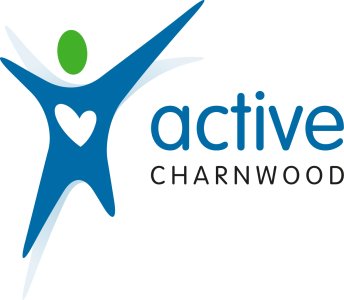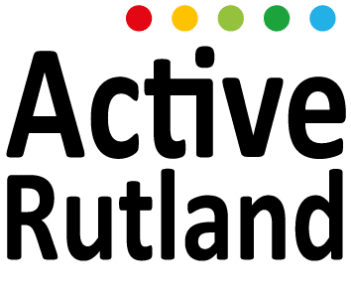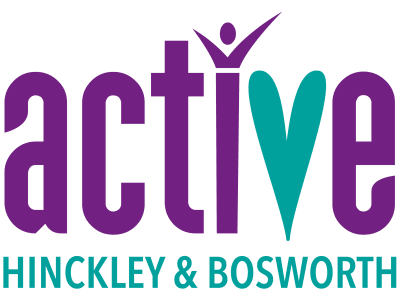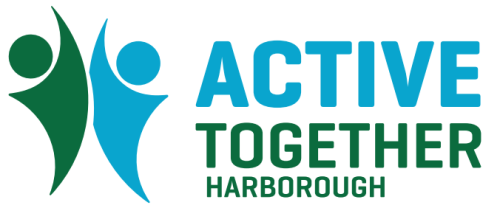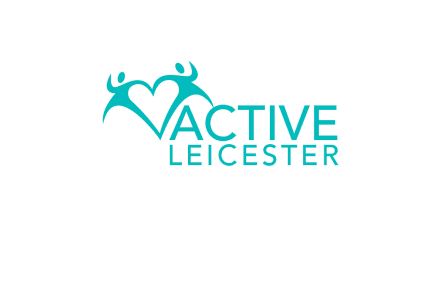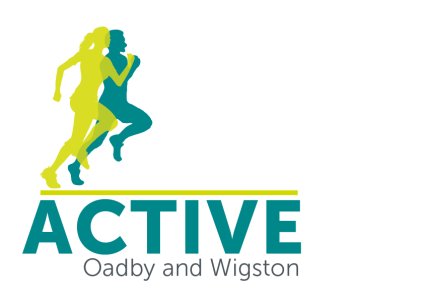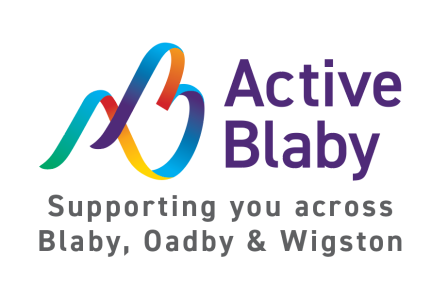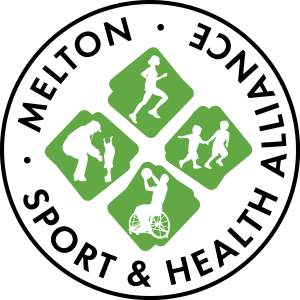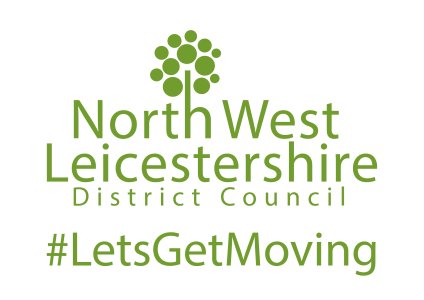Cancer is a condition where abnormal cells within the body, multiply in an uncontrollable way. In 2020, in Leicester, Leicestershire and Rutland there were 39,500 people living with Cancer.
Being active can help reduce the risk of cancer. And the more active you are, the better (1).
- Being active can help you keep a healthy weight, which reduces the risk of 13 different types of cancer (including: Bladder, Breast, Colon, Endometrial, Esophageal, Kidney (renal cell), Stomach (gastric))
- Exercising regularly can lower the risk of breast cancer and bowel cancer in particular.
- Being active has many benefits – it keeps your body and mind healthy. The more you can do, the better!
This is, in part, due to the fact that physical activity reduces inflammation, improves immune system function, and helps to prevent being very overweight, with obesity leading to a higher risk of getting 13 types of cancers

Darlaine, We Are Undefeatable Storyteller, has managed to get active whilst living with breast cancer thanks to the support of her sister and their shared sense of humour.
Frequently Asked Questions:
Let's Get Moving:
-
Lots of information and ideas on how to keep yourself healthy and active whilst staying at home or working from home.
-
Getting active, my way: What's near me?
This resource is here to help you find your local parks, open spaces, walking and cycling routes, and give you some ideas on what to do when you get there.
-
Thinking about having a go at walking, running or cycling? It's a great way to get out in your local area and move a little more.
-
Receive personalised support to move more
Contact your local Physical Activity, Health & Wellbeing Team who can provide advice and opportunities to support you to become more active.
Further Useful Links:
 Being active is important for cancer (PDF, 101 Kb)
Being active is important for cancer (PDF, 101 Kb)Being active is important for cancer. This interactive document tells you exactly why, with some really useful top tips.
-
A detailed overview of cancer, including the signs and symptoms, and further support.
-
There are lots of benefits of exercise, including reducing your risk of cancer. This page explains the benefits of exercising and physical activity.
-
Becoming more physically active is a positive change when you are living with or after cancer. Find out how much activity is right for you.
-
Maggie's offers the best possible support, free to anyone with cancer and their families.
You are performing the exercises linked from our website at your own risk.
Whilst every effort has been made to verify the information on the Cancer page, Active Together is not responsible for the accuracy or content of external websites. Whilst taking part in physical activity, participants should ensure they take part at a level which is appropriate to them and their health and are responsible for ensuring they check the credentials and health and safety requirements for each activity. It is recommended that participants follow the Chief Medical Officers Guidelines for physical activity. Participants will choose to utilise these links and take part in activities at their own risk.
For Healthcare Professionals
It is important to have conversations with those living with cancer about the importance of physical activity. Physical activity as a prevention and treatment for long-term health conditions is a consensus backed by rigorous evidence.
Our Active Medicine page supports local healthcare professionals with promoting the benefits of physical activity, including Physical Activity and Health training, E-Learning resources, and healthy conversation skills.
The fantastic Moving Medicine resource hosts step-by-step guides to have quality conversations with patients about physical activity for Cancer. They've squeezed all the important information and questions to ask into a step-by-step guide to help you have good quality conversations about physical activity, whether you have 1 minute, 5 minutes, or longer with a patient, there is a guide for you.










